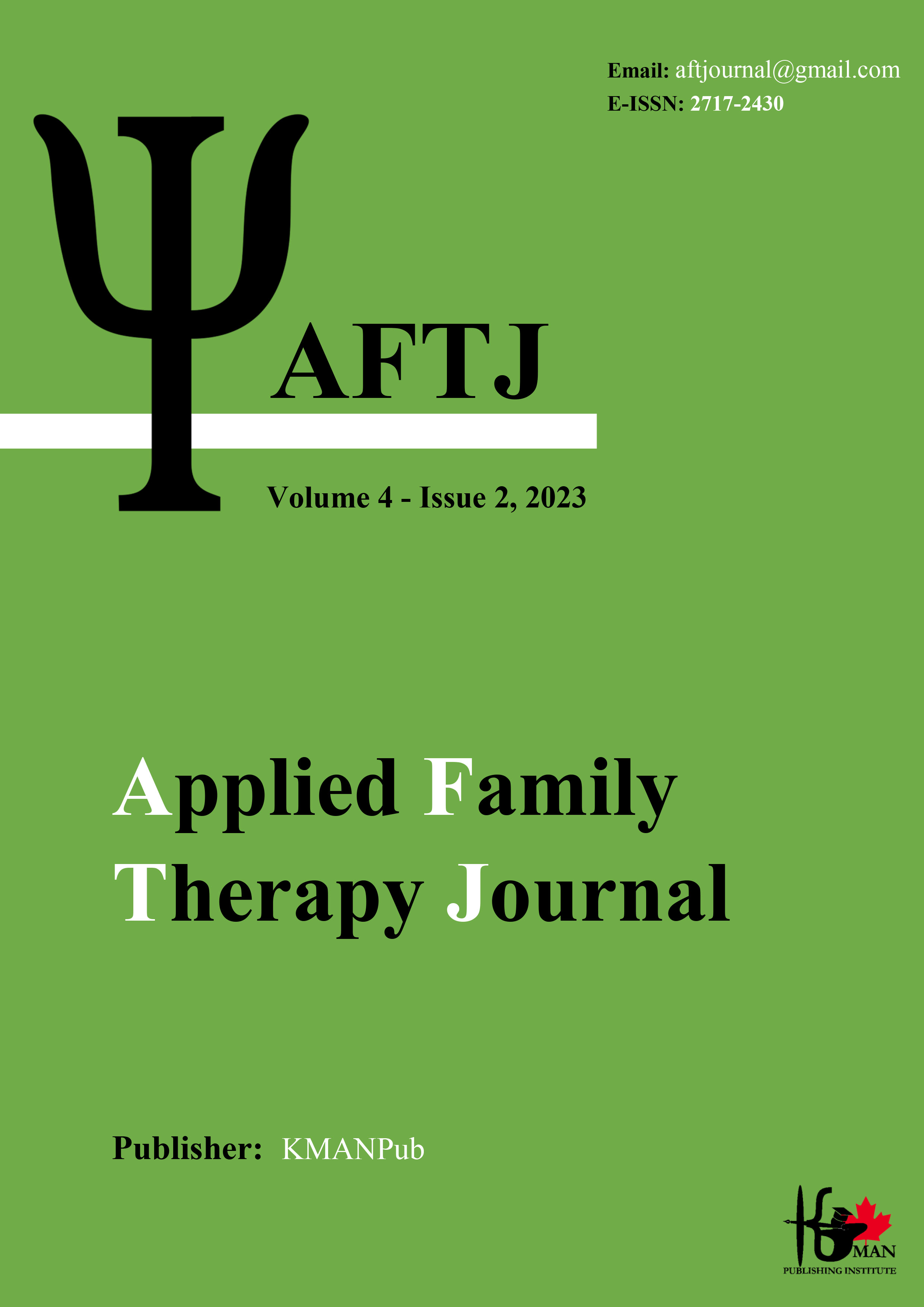The Effectiveness of Emotion Efficacy Therapy on Self-control and Intimacy of Women Injured by trauma Husband Infidelity
Keywords:
Emotion Efficacy Therapy, self-control, Intimacy, Trauma, Husband InfidelityAbstract
Aim: This study aimed to determine the effectiveness of emotion efficacy therapy on self-control and intimacy of women injured by trauma husband infidelity. Methods: The research method was quasi-experimental and pretest-posttest design with two-months follow-up. The statistical population was the women injured by trauma husband infidelity who referred to counseling centers in Isfahan city in 2019, after screening with the post-traumatic stress disorder measurement scale (Wedders et al., 1994), 30 people were selected by purposive sampling and they were randomly replaced in two experimental and control groups (15 people in each group). The research tools were self-control questionnaire (Tangeny et al., 2004) and intimacy (Walker & Thompson, 1983). The data were analyzed using repeated measures analysis of variance. The experimental group underwent 8 sessions of 90-minute emotion efficacy therapy intervention by Matthew et al. (2016) but the control group received no treatment. Results: The results showed the effect of emotion efficacy therapy on self-control (P<0/001, F=22/479) and intimacy (P<0/001, F=57/14) in post-test, and stability of this effect was in the follow-up. Conclusion: According to the results of this research, emotional efficiency therapy can be used to improve the self-control and intimacy of women Injured by trauma husband’s infidelity
Downloads
Downloads
Published
Issue
Section
License

This work is licensed under a Creative Commons Attribution-NonCommercial 4.0 International License.





















